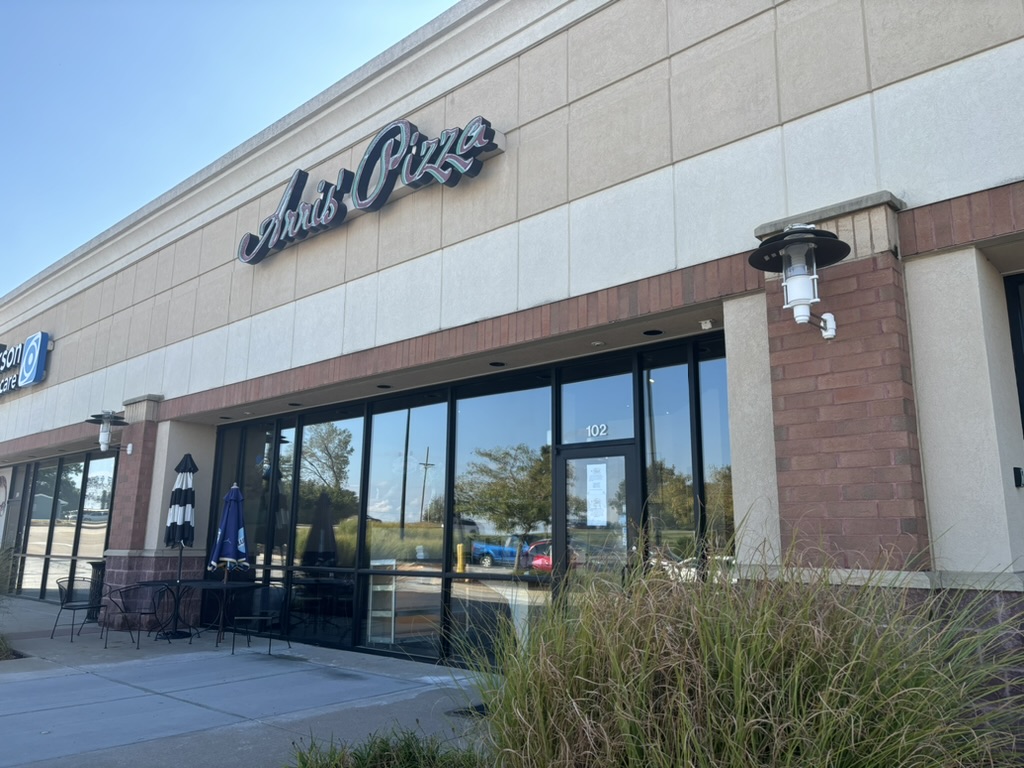Video game consoles and your grandmother don’t normally mix. But researchers at MU are using video gaming sensors to search for new ways to predict falls with senior citizens before they happen.
According to a study by The Center for Eldercare and Rehabilitation Technology, researchers are using a Xbox Kinect to help predict when falls can occur. The Kinect acts as a sensor to detect falls.
The sensor acts as a new technology to trace an outline of the patient’s body. These kinetics helped as “they were able to track different parameters such as velocity, how long your steps are [and] variability in some of the gait parameters, which all can be indicative of issues,” clinical professor Carmen Abbott said.
Kinect has the capability for using facial ID technology, but the researchers opted not to use it because they said people do not want necessarily to be recorded. Dr. Abbott said that patterns in stride length through algorithms in the Kinect help identify people already without the facial recognition, so to maintain confidentiality and privacy, the Kinect displays only silhouettes.
The Center for Eldercare and Rehabilitation is also using nontraditional research methods when it comes to falling.
“You may look at a person who’s falling and count their falls after a certain treatment or over the course of a year and look at other characteristics specific to each participant in a study,” associate professor Lorraine Phillips said.
In this specific study, the center looked at “the actual fall event and the gait speed surrounding that fall event.”
By using a video gaming console, the center found that differences in variation in stride length, variation and slower movement over time are tell-tale signs that a fall can occur within a three-week period.
Phillips said this can help nurses take better care of patients.
“If they notice a decline of certain magnitude in walking speed, they can go visit the person, arrange a person to visit their provider, get evaluated,” Phillips said.
The only retirement home that participated in the study is TigerPlace. TigerPlace describes themselves on their website as an “independent living [facility] … developed by Americare in affiliation with the MU Sinclair School of Nursing.”
Abbott said TigerPlace was used for a variety of reasons.
“The school of nursing already had TigerPlace,” Abbott said. “The idea of that is to use it as our real-life setting to try out some of the technology that was developed in the group to see how it worked to identify changing health conditions over time to try to identify falls.”
Phillips said using TigerPlace also allows researchers to carry out new studies in their pilot stages.
_Edited by Claire Mitzel | [email protected]_







